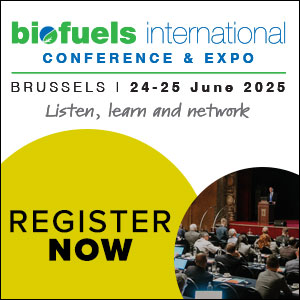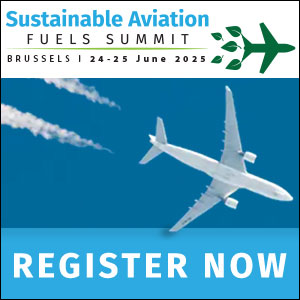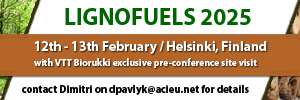Getting clever with fatbergs and biodiesel – features video
Congealed lumps of fat, sanitary items and wet wipes stalk the sewers of London and the surrounding area, causing blockages and damage to water infrastructure. Now, Thames Water is working on an innovative solution to fight these fatbergs by turning them into biodiesel.
The water utility has joined forces with renewables firm Argent to investigate the feasibility of turning the fatbergs into renewable biofuel. The plans would see fatbergs dug out of the sewers and transferred to a specialist plant where the fat, diesel and greases could be turned into biodiesel. Other unflushable items such as baby wipes would have to be disposed of.
Thames Water has been working hard in recent months in an attempt to solve the fatberg problem, launching a wide ranging awareness campaign dubbed “Bin it don’t block it”, encouraging Londoners to do their bit to avoid sewer blockages
The biodiesel scheme has been described as a “no-brainer” by Simon Brum, strategic recycling manager at Thames Water. “We have a problem with fatbergs, both in sewer networks and at sewage treatment centres. Previously, what we’ve done is either extract the fatberg out of the pipes and send to landfill, or break it down and put it back through the system. Now we’re looking to see if we can use fatbergs in a clever way, and we’re working alongside Argent to do that," Brum said in a statement from Thames Water.
“We’re not going to instantly change everyone’s behaviour of binning things rather than flushing them – we’ve got to deal with the problem. We’re talking to field treatment works to get a better idea of where these fatbergs are, and if it is possible to use them. It’s about taking it out of the supply.
“Let’s be clever, remove them, and then do something good for the environment.”
It is hoped that the biodiesel produced could eventually be used to power buses in the Thames Water area.
Heather Swinbank, UK sourcing manager at Argent, said: “We always encourage people to dispose of items correctly, but what we’re saying is if there is a fatberg there, let’s be clever about it. We want to make renewable fuel from waste, and are hoping to create a renewable and sustainable service.”
A video about the project is available here














